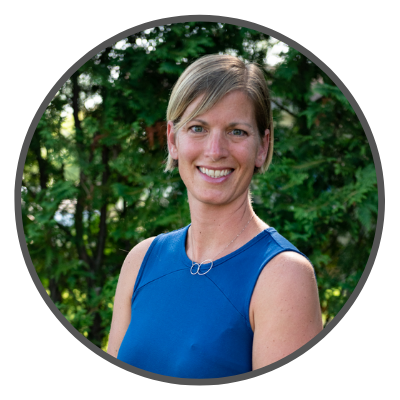|
Over yet another holiday weekend here in France, our family and another family rented a house a couple of hours away to enjoy each other's company and a different landscape. On Friday, we took a boat ride to a small island, where the only means of exploration is either on foot, or on two wheels. We opted for the 2 wheel exploration. We rented 8 bikes, and headed off on our exploration of the beaches and ruined forts. Before we left, I wondered how our daughter would do. Although she rides horses and rock-climbs, she doesn't bike, and doesn't have great endurance over long distances, whether on 2 wheels or not. My son, on the other hand, is an avid mountain biker, and is always up for a bike ride. The difference in endurance levels amongst the group was evident almost from the start. My daughter was often behind and frustrated. The other kids were impatient to wait and frustrated. By 3:00pm, my daughter was done, and she and I decided to head back on the next boat, while the rest of the group kept going (after an ice cream.) As we were about to leave, I said, "I wonder if it would have been better to rent her an electric bike." The other mom said: "No, that would have just created jealousy from the other kids." My husband said: "Remember, prepare the child for the path, not the path for the child." (A quote I often borrow from Brené Brown when applicable.) This whole exchange reminded me of the thinking around equality versus equity. EQUALITY was renting the same bike for everyone. EQUITY would have meant renting different bikes depending on endurance levels (even if it meant spending more money or making people jealous) Right now, I am collaborating with Maha Bali and Mia Zamora in their month-long exploration of "Intentional Equitable Hospitality" where the focus is on ensuring that when we facilitate, it's a welcome and caring space for everyone, and where we design and adapt to both the visible and invisible barriers to engagement. For example, yesterday I was leading a session with a blind participant, so when I shared my screen I asked participants to read the text. I also voiced things that I noticed in the group - people's smiles, people laughing, and hand gestures. This allowed the blind participant to "see" what was happening in the group, even though he couldn't actually see. For those of us in privileged groups, we often don't recognize the invisible needs that people have, and think that delivering the same for everyone is fair. Yet, sometimes being equal isn't actually equitable for everyone. When you facilitate, do you ask about accessibility needs ahead of time? Originally posted on LinkedIn with comments. Read Deeper Not Faster
0 Comments
Leave a Reply. |
Hi there!I am Theresa Destrebecq. |


 RSS Feed
RSS Feed